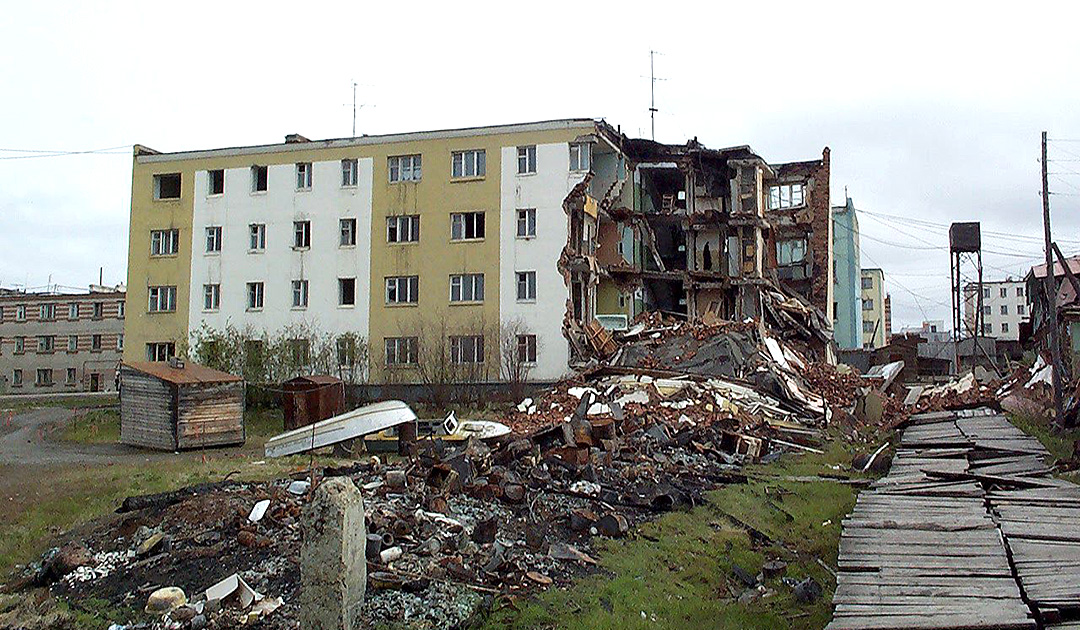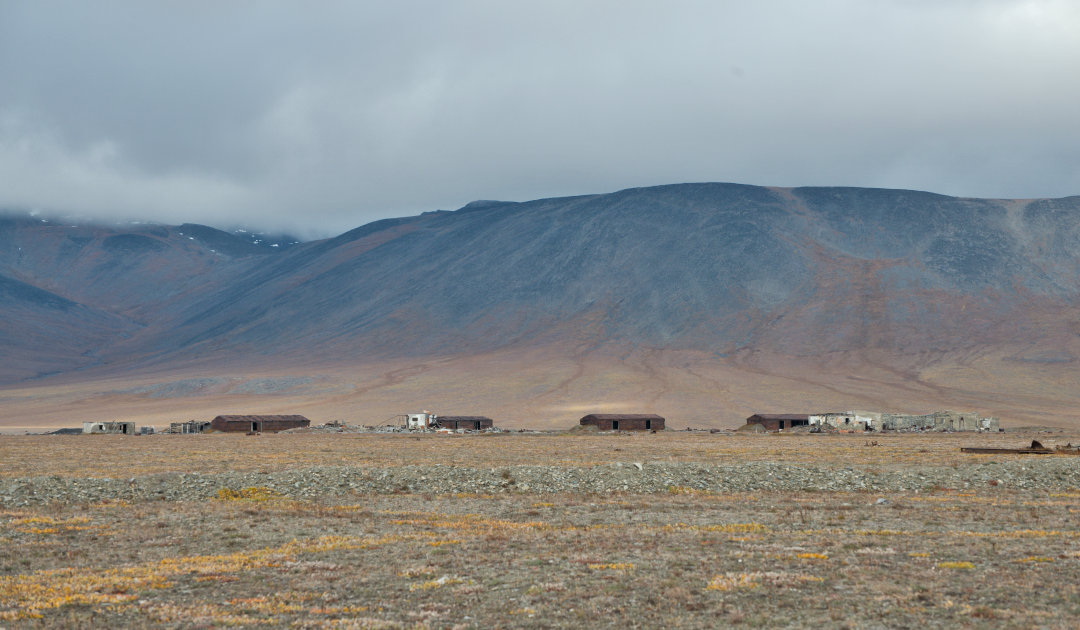
The Arctic is now the focus of world attention not only because of melting ice masses and extreme weather phenomena. In economic, security and ideological terms, too, the states of the world are confronting each other here, on a melting subsoil, the permafrost, that is. An international team has now called for the individual national projects and data on permafrost loss to be brought together in an international network, thus improving communication between countries at the same time.
The study, which appeared in the journal Land in June, argues that permafrost changes transcend states and therefore the problem, as well as solutions, need to be better sought together. While various international programs exist to monitor and collect permafrost data from individual regions, “the systems and programs do not provide real-time data for robust and distinctive analysis to predict natural disasters in permafrost regions,” Ekaterina Uryupova, a visiting fellow at the renowned Arctic Institute and co-author of the study, explained in an email to PolarJournal. “The projects are brilliant as they are but we need a bit more effort provided by the international community to make them as effective as possible.” The team concludes that the loss of permafrost and the associated problems are a global problem that can only be solved globally.

According to the research team, many countries are increasing their efforts in permafrost research on a large scale, because, among other things, the number of damages to infrastructure in the Arctic regions continues to rise. These damages cause costs in the billions. In addition, thawing permafrost means greater investment in new infrastructure projects, as the technical challenges posed by the more unstable subsoil are much greater and more difficult to solve. Countries such as Russia, the USA and Canada in particular are investing in new development and raw material extraction projects, which already require high levels of investment without the additional difficulties caused by thawed ground. In other countries that have permafrost soils on their territories (in high mountains, for example) and that are less economically strong, this means a slowdown in economic development, from the extraction of raw materials to tourism. This also gives the issue an important political significance and multinational cooperation would facilitate the search for solutions. But to do so, “the relevant authorities need to collectively establish the most valid and trustworthy science-based information from which to unilaterally advise the decision and policy makers,” the team writes in their paper.

“Thawing permafrost means a weak point in the development of strategic sites and infrastructure in the Arctic.”
Ekaterina Uryupova, Visiting Fellow The Arctic Institute
But here also lies a big problem. According to the authors, the scientific community is highly vulnerable to marginalization by policy makers because fragmentation of effort and data collection also results from competition. On the one hand, there is the competition among the scientists themselves to present their models, calculations and predictions as being as accurate and secure as possible vis-à-vis the others. On the other hand, there are also numerous countries with restrictive national laws that prevent sensitive data on the effects of permafrost thawing from being published. This is because permafrost soils are not only home to places of tourist interest in the high mountains, but also to economically and strategically important infrastructures. “Security reasons are one of the many reasons behind it,” Ekaterina Uryupova explains. “Because thawing permafrost means a weak point in the development of strategic sites and infrastructure in the Arctic. And national security concept is the core idea of the restrictions used by domestic institutions towards the foreign scientists.”

But who should monitor and operate an international network of permafrost monitoring and data? According to Ekaterina Uryupova, a UN entity could oversee the concept of such a database. However, the creation of effective databases could only be achieved through a joint effort of all concerned and interested countries. “This is an extremely expensive and very much critical arrangement That’s why we have to work hard and update the existing databases,” explains Ekaterina Uryupova. “Thus we will have a solid basis for an effective international database created by many nations together.” This could also provide the basis for more dialogue between Arctic states on security policy. For in the past, science diplomacy has repeatedly transcended political and ideological boundaries and offered competing states the opportunity to cooperate. This is also believed by the researchers of the study. Because permafrost knows no boundaries… and neither does its thawing.
Dr Michael Wenger, PolarJournal
More on the subject:





